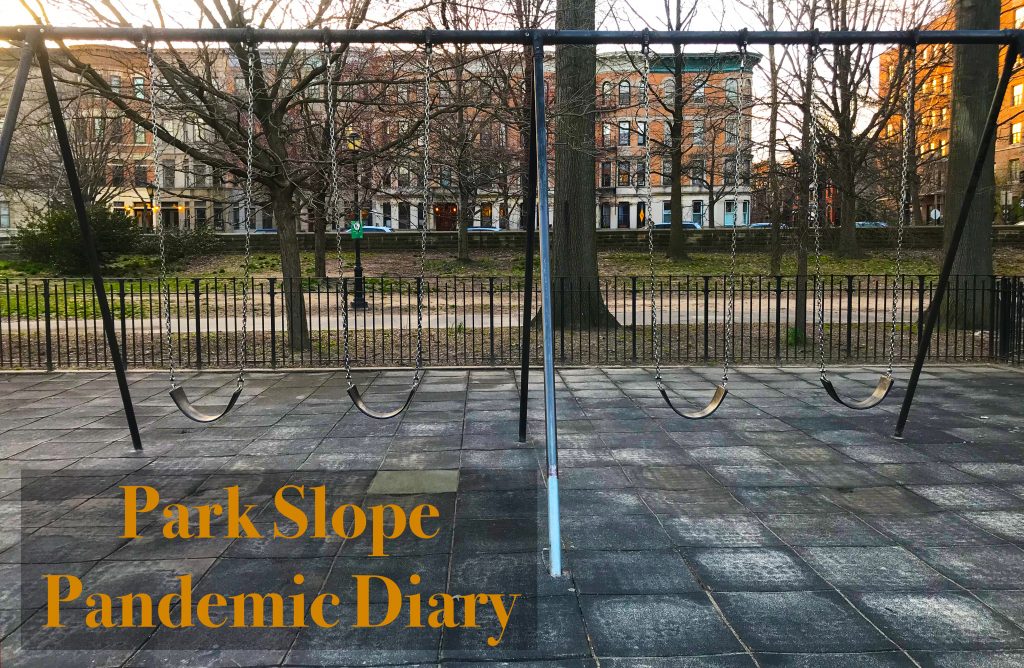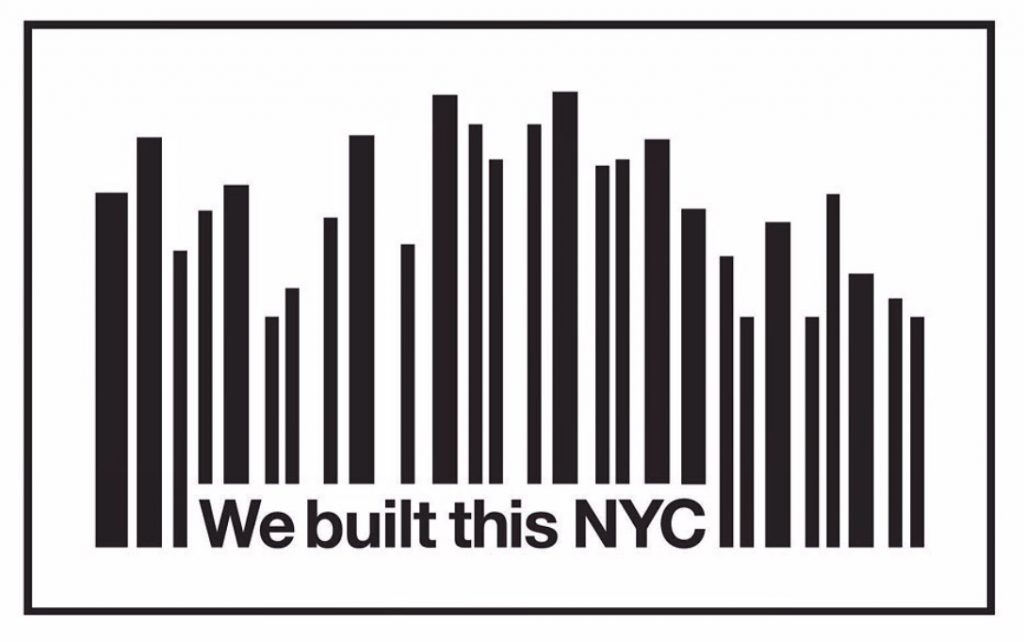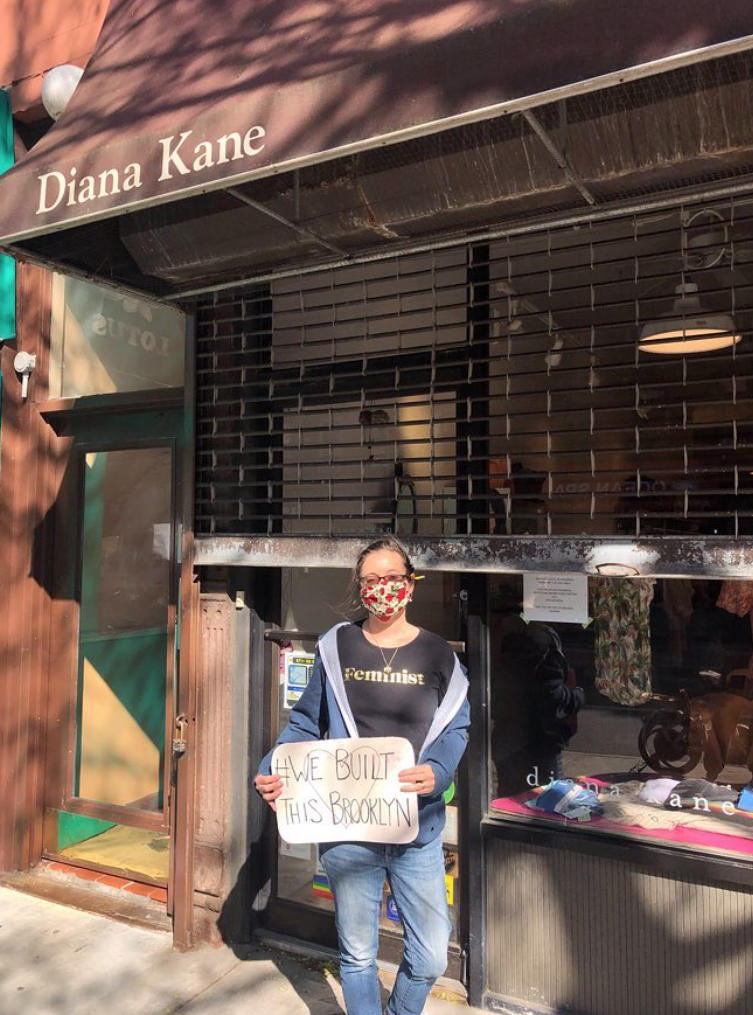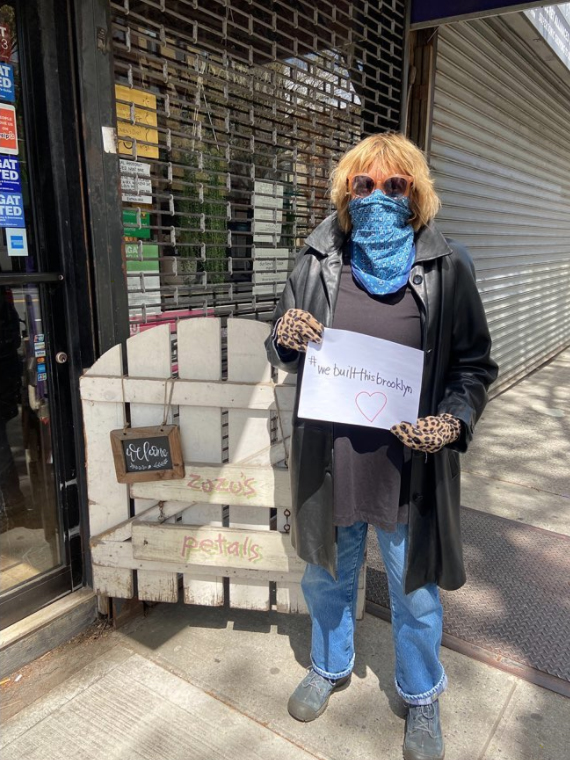
The novel coronavirus pandemic began as a public health emergency and quickly spiraled into an economic catastrophe for many residential and commercial renters in New York State. Since mid-March, 1.4 million New Yorkers have filed for unemployment benefits, overwhelming the Department of Labor, and contributing to the worst economic crisis since the Great Depression. For small business owners living in the metropolitan epicenter of the pandemic, the economic shutdown has shuttered their industries and caused tensions with property owners to paramount. The staggering financial losses and absence of federal support have forced many to confront the harsh realities of terminating longtime employees, falling behind in rent payments, and closing their storefronts permanently.
“98% of the businesses in New York City employ 100 or less people. They’re all small businesses,” said Diana Kane in an interview with ABC News. “New York will be a wasteland if we don’t figure this out.”

Kane, a Park Slope resident and owner of the brick and mortar shop, The Diana Kane Boutique, has been selling small designer, sustainable clothing collections, and handmade accessories since 2002. Small companies like Kane’s, employ more than half of New York City’s private sector workforce, strengthening the state’s economy and contributing to the culture and unique fabric of New York City. Recently, Kane and a coalition of local business owners launched the grassroots movement #WeBuiltThisNYC to bring attention to the plight of small businesses devastated by the economic shutdown.
Photographs of small business owners wearing surgical masks and cloth face coverings are routinely updated on the initiative’s Instagram page. The owners, standing in front of their locked stores and boutiques, hold signs that read, #WeBuiltThisNYC and #WeBuiltThisBrooklyn. Their personal testimonies circulate through the app’s transient “story” feature; and joint posts demanding rent relief, lease renegotiations, and demands for government action are marked with the hashtags, #Recovery4All, #bettertogether, and #MAYDAY.
Many of the businesses featured in #WeBuiltThisNYC are owned by women.
While some states have begun slowly reopening their economies, New York State remains under strict stay-at-home mandates. The aggressive measures taken to flatten the curve, are showing to be effective in reducing the spread of the virus; and are ultimately reducing the number of deaths per day. In a recent news briefing, Governor Cuomo sketched out the framework for reopening non-essential sectors of the state, beginning with construction and manufacturing in upstate New York before moving to the metropolitan area.

“I hear sirens every night,” said Kane. “I think being closed is totally appropriate right now, so I agree with being closed. I don’t agree with having to go out of business because of it.”
The Park Slope Fifth Avenue Business Improvement District recently reported that roughly 90% of the 500 businesses they represent are closed.
Fonda, the owner of the Zuzu’s Petals, said that economic shutdown, including an inadequate amount of federal assistance and the accumulation of bills, is jeopardizing her business of 49 years. Her flower shop, in the heart of Park Slope, was shuttered on March 22, following Governor Cuomo’s Executive Mandate to close all non-essential businesses.
“We have no income,” Fonda said. “Our rent and some bills, including utilities, insurance, and taxes have been temporarily suspended. The debt is accruing and will have to be paid when we re-open.”
The Paycheck Protection Program (PPP) was created with the intent of providing business owners with forgivable loans, but flaws in the program have hindered some small businesses from securing federal relief. The PPP’s initial $349 billion allotment for federal relief was exhausted within two weeks. Both the Senate and House have approved a second relief package of $310 billion.
“I have applied for the PPP and the EIDL (Economic Injury Disaster Loan) from the Small Business Administration,” said Fonda. “I have received no funds. If I am approved for either loan, the money will be insufficient and will not cover the accruing debt. In order to have the loan converted to a grant, 75% of the PPP must be used for payroll. That leaves next to nothing for rent.”
In an Instagram video, Tara Silberberg, owner of The Clay Pot in Nolita explained her situation.
“Our Business Interruption Insurance will not cover us in this pandemic, and even when we reopen we don’t expect our sales to be the same,” said Silberberg. She paused before adding, “I was told by Chase that I did not get my PPP loan, and we have to pay our rent on May 1. My rent is $20 thousand a month and my landlord refuses to negotiate with me. He says the rent can be deferred and I will just pay it amortized out over the rest of the year. I can’t get unemployment so I will be forced to borrow money to pay my landlord the rent.”
The Clay Pot has been in Silberberg’s family since 1969 and has employed thousands of New Yorkers over the years. Originally a pottery studio rooted in the heart of Brooklyn, the business evolved into a jewelry store after the stock market crash of 1987.

The founders of #WeBuiltThisNYC are now turning to local politicians for help. In an email to Council Member Brad Lander, Kane explains the challenges looming over business owners.
“Our landlords continue to expect full rent,” Kane wrote. “I received a letter from my landlord demanding back rent, with the addition of late fees and legal fees. While I know some landlords have been more understanding, this is awful added stress in an already disastrous moment. Though I applied for the EIDL, I have received nothing, and no further communication after submitting my application.”
We asked Fonda of ZuZu’s Petals what she misses the most about pre-pandemic times.
“I miss my job,” said Fonda. “I miss going to the wholesale market early in the morning and loading my arms with fabulous fresh cut flowers from all over the world. I also miss helping customers chose the right combination of flowers and the proper houseplants. I miss oohing and aahing with them over an incredible piece of handmade pottery. These are the things that I miss.”
A Note from the Editor:
The Park Slope Fifth Avenue Business Improvement District has created a comprehensive list of local businesses that are open amid the pandemic, including essential proprietors and online venders. Out of the 500 retailers that the BID represents, almost 90% have closed. Please continue to buy local when possible.

